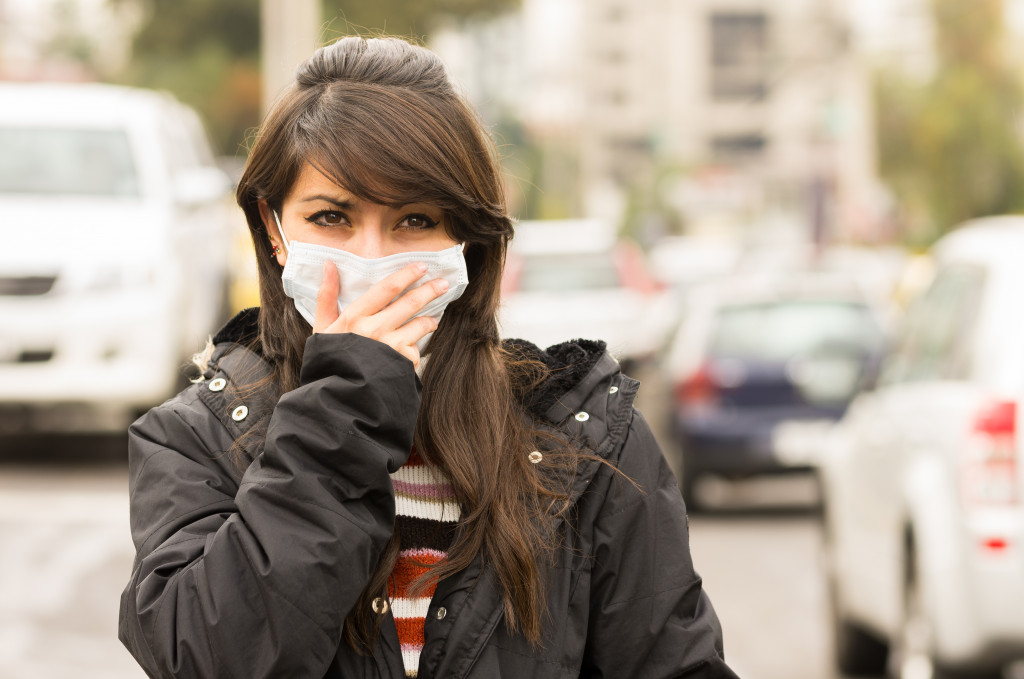To say that allergies are common is an understatement. They’re thought to affect more than 1 in 4 people in the UK. They’re particularly common in children and tend to go away when people get older. But some allergies last a lifetime. Adults can also develop allergies to food and substances they weren’t previously allergic to.
Nuts, shellfish and cows’ milk are some of the most common food allergies. Other common allergens that trigger allergies include:
- Dust mites
- Animal dander
- Grass and tree pollen
- Household chemicals
- Medicines
- Mould
- Latex
These allergens could trigger sneezing, wheezing, coughing, watery eyes and a runny nose. They could also cause rashes and the worsening of asthma or eczema symptoms. If you’re constantly experiencing these symptoms, it’s best for you to book an appointment with an allergy testing specialist.
Allergy testing pinpoints the causes of your allergic reactions. It also helps you understand what’s causing your allergies so you can avoid problematic allergens and develop an effective treatment plan.
You might think that getting rid of certain types of food or clearing your environment of specific allergens would eliminate allergic reactions entirely. But the causes might run deeper than that. As a result, your allergy treatment and prevention plan could require greater attention.
Through proper testing, an allergy specialist can dig into the reasons for your allergic reactions and help you determine the best course of action. They can also inform you of additional allergens you should avoid — food or substances that you might have otherwise considered as safe.
Ultimately, however, effective allergy prevention depends on the personal and lifestyle choices you make.
Consider these five tips in preventing allergies before they get the better of you.
Know for sure what’s causing your allergies.
Allergy testing is important. But the first and most important step toward figuring out the causes of your allergic reactions is by recording those instances. Take note of where you were, what you were doing and, if applicable, what you were eating anytime you start experiencing symptoms.
Bring up these observations with an expert allergist instead of experimenting with your exposure to different allergens or getting rid of presumed allergens from your environment. They’ll take the guesswork out of your allergic reactions and make scientifically proven conclusions about your allergic reactions.
Eliminate suspected allergens from your diet.
Do you get rashes every time you eat something with nuts? Do your lips get swollen when you eat seafood? Does cow’s milk not settle well in your stomach? The best way to determine allergens in your diet is by listening to your body’s reactions. Digestive issues come from nowhere, after all.
An allergy expert can help you determine which allergens you should eliminate from your diet. Alternatively, they might be able to determine whether you have a wheat allergy or if your condition is likely to be coeliac disease. This way, you can adjust your diet accordingly.

Learn whether your environment needs to be controlled.
Do you sneeze easily when there are vases of flowers in the room? Do you get rashes or experience itchiness every time you go near a cat or a dog? As much as you have to be aware of your nutritional intake, you should also take note of the environment you’re in when the allergies act up.
By knowing exactly where you are and what potential allergens are in your environment when you get allergic symptoms, you can easily pinpoint the non-food substances that could be triggering you. Your doctor might also suggest minor changes like the use of air filters and hypoallergenic clothing.
Explore lifestyle changes that can ease allergic reactions.
Allergies aren’t entirely about the food that you eat or the allergens in your environment. You might need to make other lifestyle plans in order to prevent your allergies from acting up.
When you have nasal allergies, for example, your allergy specialist might suggest regular exercise, not smoking and avoiding second-hand smoke. Or if you have a bad reaction to insect bites, the allergist might suggest applying insect repellent and avoiding strong fragrances when you go out.
Your allergy specialist will explore all possible options to prevent your allergic reactions.
Improve your quality of life and overall well-being.
Allergy medications could easily make your symptoms go away. But why rely on these medications when you can make changes that elevate your quality of life? The right lifestyle changes could also prevent life-threatening allergic reactions, thus allowing you to live your life to the fullest. Try going organic; the fewer pesticides or chemicals you use in your food, the lesser the chances of you getting allergic reactions.


